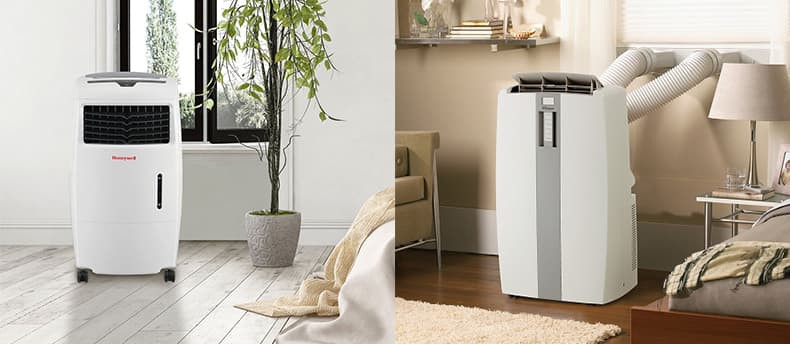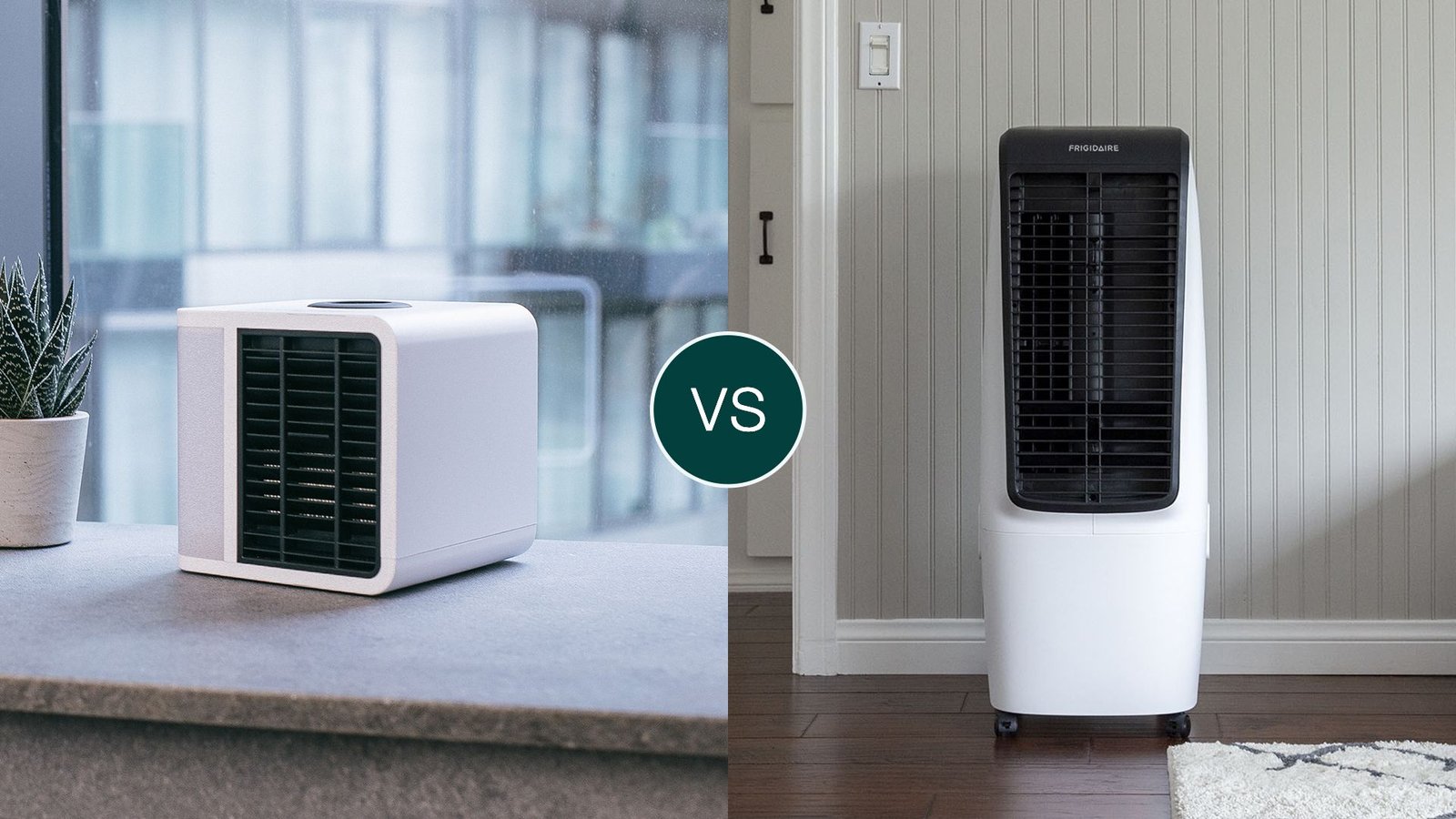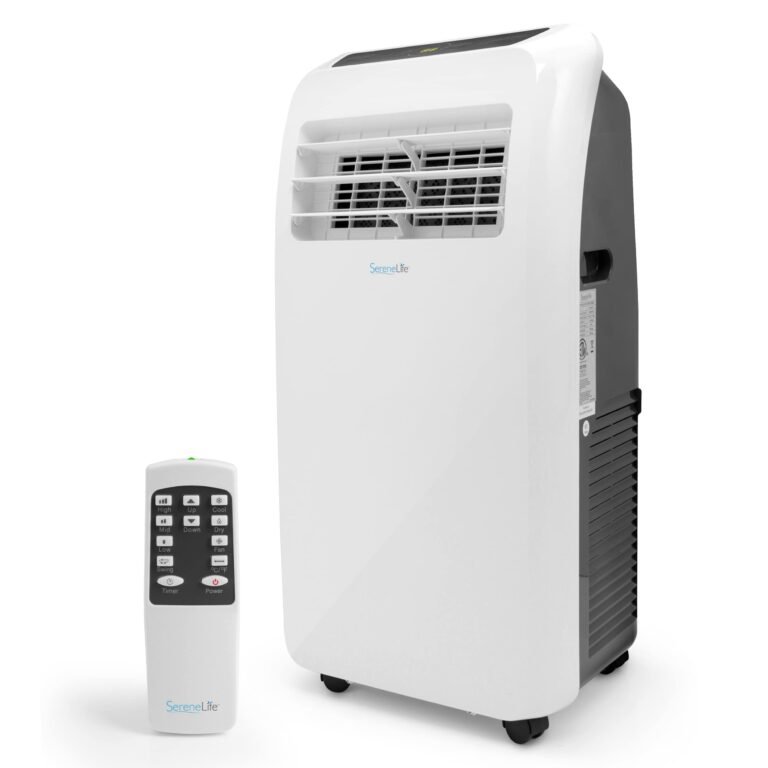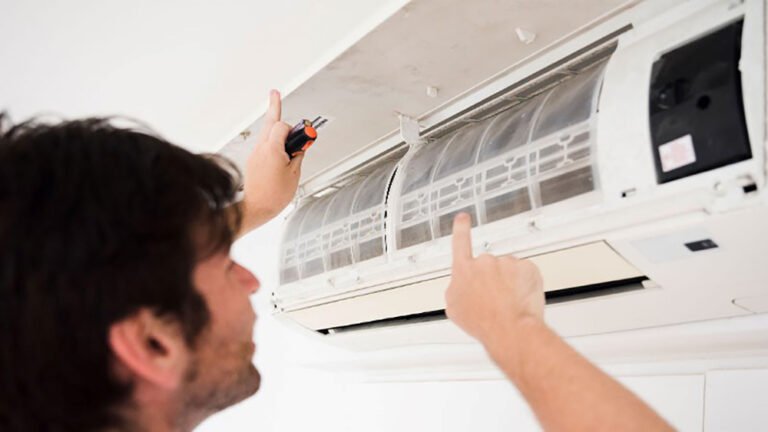Swamp Coolers Vs Portable Air Conditioners: Which is More Effective?
Swamp coolers are more energy-efficient than air conditioners, saving money on electricity bills. However, air conditioners are more precise in temperature control and can cool homes to lower temperatures.
Swamp coolers work best in dry climates, while portable air conditioners can be used indoors for spot cooling and single room comfort.
Subheading 1: Energy Efficiency And Cost
- Comparison of initial cost: Swamp coolers generally have a lower initial cost compared to portable air conditioners.
- Cost to run per hour: Swamp coolers are typically more cost-effective to run per hour as they use less energy than air conditioners.
- Noise level: Swamp coolers are generally quieter than air conditioners, which can be a benefit for those who are sensitive to noise.
- Ease of setup: Both swamp coolers and portable air conditioners are fairly easy to set up, but swamp coolers may require more maintenance and water management.
Subheading 2: Cooling Performance And Temperature Control
Is a swamp cooler as good as an air conditioner? In short, an evaporative cooler is much more energy-efficient than an AC unit. This can save you money on your electricity bill every month. However, an air conditioner is also more precise at temperature control. It can also cool your home to lower temperatures than a swamp cooler can.
| Portable Evaporative Air Conditioner | Ventless Portable Air Conditioner | Evaporative Cooler | Window Air Conditioner | Portable Air Conditioner | Ductless Air Conditioner |
|---|---|---|---|---|---|
| Costway Evaporative Portable Air… | Evapolar ‑BTU DOE Lavender V… | Honeywell Indoor Portable Ev… | Frigidaire Personal Evaporative… | Costway Evaporative Air Cooler… |
Subheading 3: Suitability In Different Conditions
Swamp coolers and portable air conditioners have their own suitability based on different conditions, including humidity levels.
When the air becomes humid, there is already a significant amount of water vapor in the air, making it difficult for a swamp cooler to effectively cool and moisten the air. In such conditions, a swamp cooler may not be the best choice.
However, in dry climates, a swamp cooler can be an energy-efficient option. It can save you money on your electricity bill and provide adequate cooling. It is especially optimal to run a swamp cooler when the humidity levels are low.

Credit: www.sylvane.com
Frequently Asked Questions Of Swamp Coolers Vs Portable Air Conditioners
Is A Swamp Cooler As Good As An Air Conditioner?
An evaporative cooler, also known as a swamp cooler, is more energy-efficient but less precise in temperature control compared to an air conditioner. It can save you money on your electricity bill, but an air conditioner can cool your home to lower temperatures.
Is It Cheaper To Run A Swamp Cooler Or Air Conditioner?
Swamp coolers are cheaper to run compared to air conditioners because they are more energy-efficient. This can save you money on your electricity bill. However, air conditioners provide more precise temperature control and can cool your home to lower temperatures.
Are Swamp Coolers Effective In 100 Degree Weather?
Swamp coolers are effective in 100-degree weather as they provide cooling through evaporation. They are more energy-efficient than air conditioners and can save you money on your electricity bill. However, air conditioners are better at temperature control and can cool your home to lower temperatures.
When Should You Not Use A Swamp Cooler?
A swamp cooler should not be used when the air is already humid, as it cannot effectively cool the air in these conditions. Additionally, swamp coolers are not as precise at temperature control and cannot cool a space to lower temperatures like an air conditioner can.
Conclusion
While both swamp coolers and portable air conditioners have their advantages, it ultimately depends on your specific needs and climate conditions. Swamp coolers are more energy-efficient and cost-effective in dry climates, while air conditioners offer more precise temperature control and can cool to lower temperatures.
Consider factors such as humidity levels, desired cooling efficiency, and portability before making your decision.






